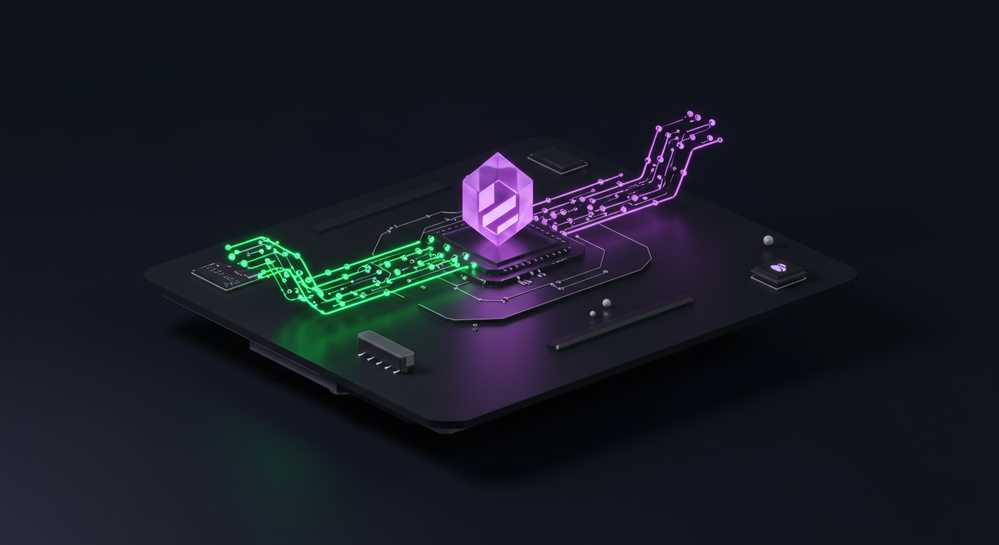
What is a Solana validator and how does it work
Validators are the fundamental backbone of the Solana blockchain, ensuring the network remains fast, secure, and decentralized. But what is solana validator in practice and what role does it play? This guide breaks down what these critical network participants do, how they operate within Solana’s unique consensus model, and what it takes to become one. Understanding validators is key to grasping how Solana achieves its industry-leading performance and maintains its integrity.
Contents
The core role of a Solana validator

A Solana validator is the backbone of the network, a powerful computer dedicated to maintaining its integrity and speed. These nodes perform the critical work of processing transactions and participating in consensus, effectively acting as the guardians of the blockchain. By dedicating significant computational power, they ensure the entire ecosystem runs smoothly and securely. Understanding why some networks face performance issues highlights the importance of this efficient validator model.
What are the core duties of a validator?
The role of a Solana validator is multifaceted, focusing on three primary areas that ensure the network remains fast, decentralized, and secure:
- Transaction Processing: Validators execute smart contracts and verify the legitimacy of incoming transactions before adding them to the official ledger.
- Network Security: They play a crucial role in securing the network by confirming the validity of new blocks produced by other validators.
- Consensus Participation: Validators vote to agree on the state of the network, ensuring all participants have a consistent and accurate version of the blockchain.
How validators work with Proof of History and Proof of Stake
Solana achieves its remarkable speed through a unique synergy of two core technologies, with the validator at the center of both. This combination allows the network to process transactions at a massive scale without sacrificing security. The validator’s function is best understood by looking at how it interacts with Proof of History and Proof of Stake, the twin pillars of Solana’s architecture.
The role of Proof of History (PoH)
Proof of History is not a consensus mechanism but a cryptographic clock. It creates a verifiable, chronological record of all events on the blockchain. A leader validator uses PoH to timestamp and sequence transactions before they are sent to other validators. This pre-ordering eliminates the need for nodes to communicate back and forth to agree on the timeline, enabling massive parallel processing and dramatically boosting network efficiency.
Securing the network with Proof of Stake (PoS)
Proof of Stake is the consensus mechanism that secures the network. Validators lock up their own SOL, and SOL delegated to them, as collateral. This stake determines their voting power and their chance of being selected as a leader to produce new blocks. This economic incentive ensures validators act in the network’s best interest, as any malicious behavior would risk their own financial stake.
Requirements and responsibilities of running a validator

Operating a Solana validator is a demanding role that requires significant capital and technical skill. This is not a passive investment but an active commitment to securing a global blockchain. The responsibilities go far beyond simply holding tokens, demanding a professional level of dedication. Understanding undefined can be useful, as the financial barrier to entry is substantial.
The primary duties and prerequisites for a Solana validator are stringent and non-negotiable:
- High-Performance Hardware: Validators must run powerful, dedicated servers with high-core-count CPUs, 128 GB or more of RAM, and extremely fast storage to keep pace with the network.
- Substantial SOL Stake: A significant amount of SOL must be staked to participate in consensus. This stake acts as collateral and influences voting power.
- Technical Expertise: Deep knowledge of system administration, network security, and server maintenance is essential for setup and ongoing operations.
- Constant Uptime: Validators are expected to be online 24/7. Failure to maintain performance can result in slashing penalties, where the network confiscates a portion of the stake.
Validator rewards versus delegated staking

For SOL holders, there are two distinct paths to earn rewards while securing the network: running a full validator node or delegating your stake to an existing operator. Both options contribute to the health of the Solana ecosystem, but they present vastly different levels of involvement, risk, and potential return. The choice depends entirely on your technical expertise and capital commitment.
Running a validator
Operating a validator offers the highest potential rewards. You earn income from two sources: a commission fee on all SOL delegated to your node and a share of the network transaction fees. However, this path carries substantial risk. It demands a major investment in high-performance hardware and the technical skill to maintain 24/7 uptime, with the constant threat of slashing penalties for poor performance.
Delegated staking
Delegated staking is the most accessible and popular method for users. It involves entrusting your SOL to a professional validator of your choice. In return, you receive a portion of the staking rewards they earn, minus their commission. This approach requires no hardware or technical knowledge and carries significantly lower risk, making it the ideal choice for the vast majority of SOL holders looking to earn a passive yield.
A Solana validator is an active and essential pillar of the network, responsible for processing transactions and maintaining security through Proof of History and Proof of Stake. While running a validator offers significant rewards, it demands substantial technical and financial commitment. For most users, delegated staking provides a much simpler way to contribute and earn rewards. To further explore automated crypto strategies, check out the Best Crypto Trading Bot for more tools and insights.



